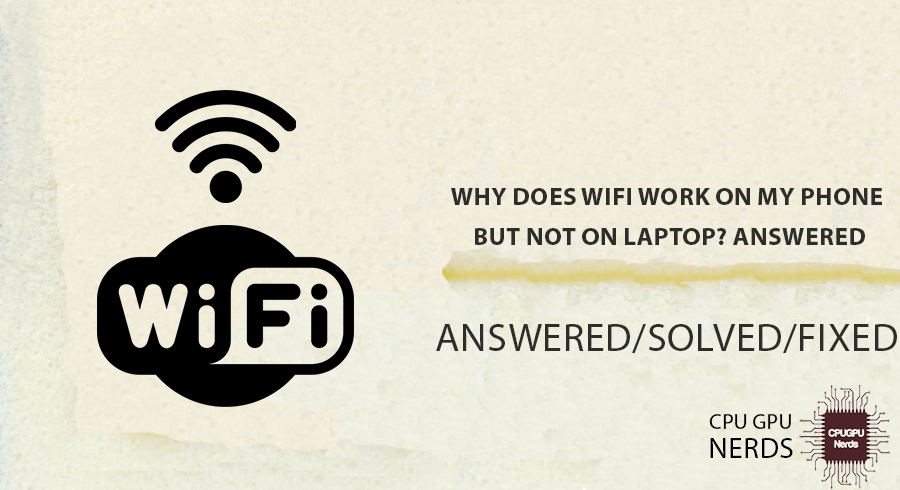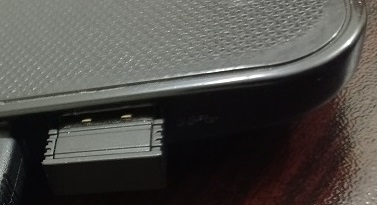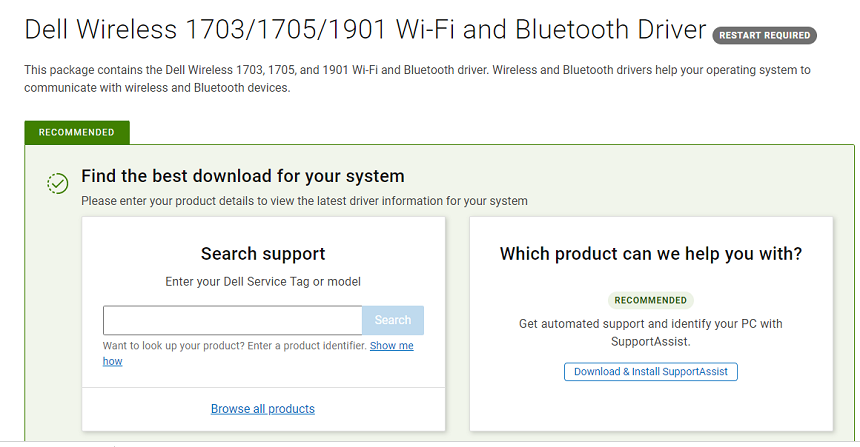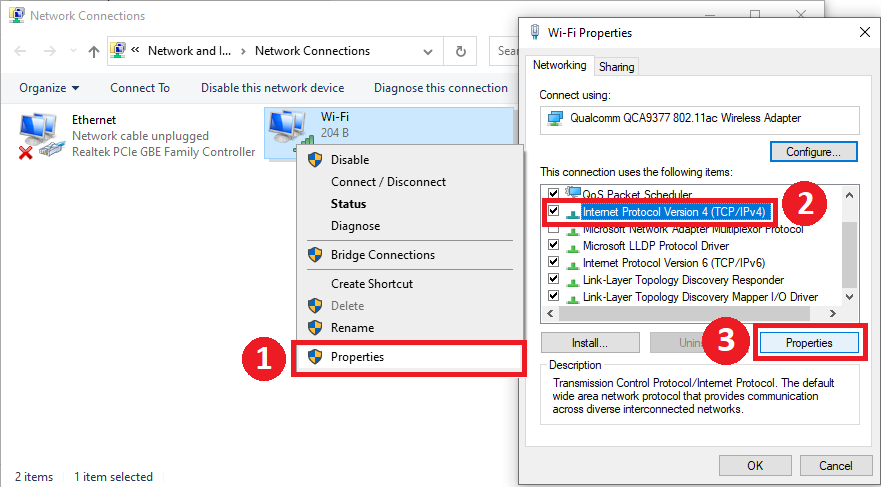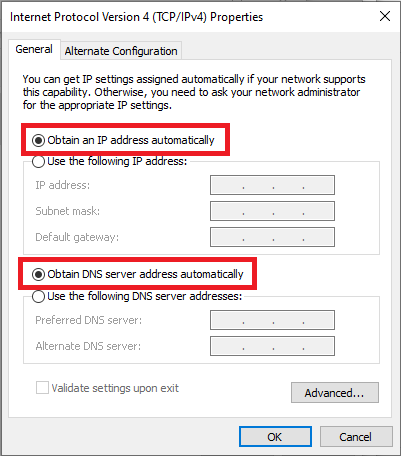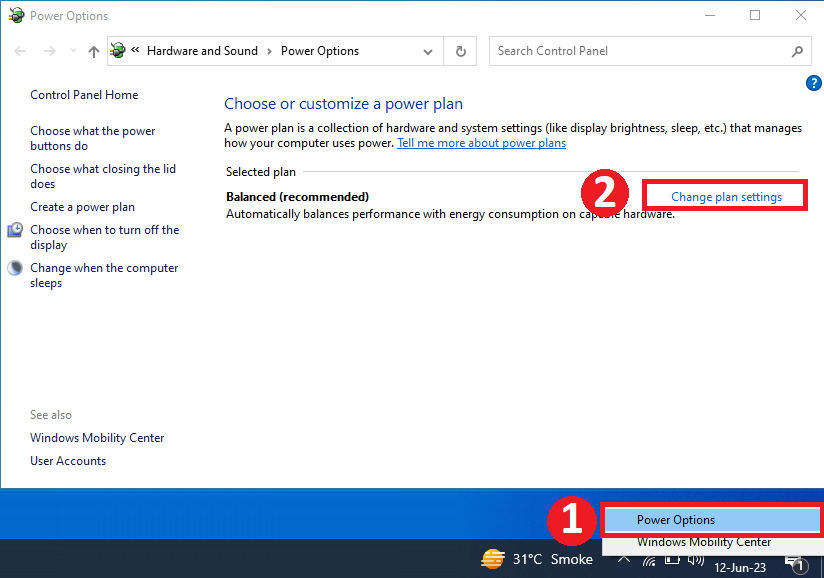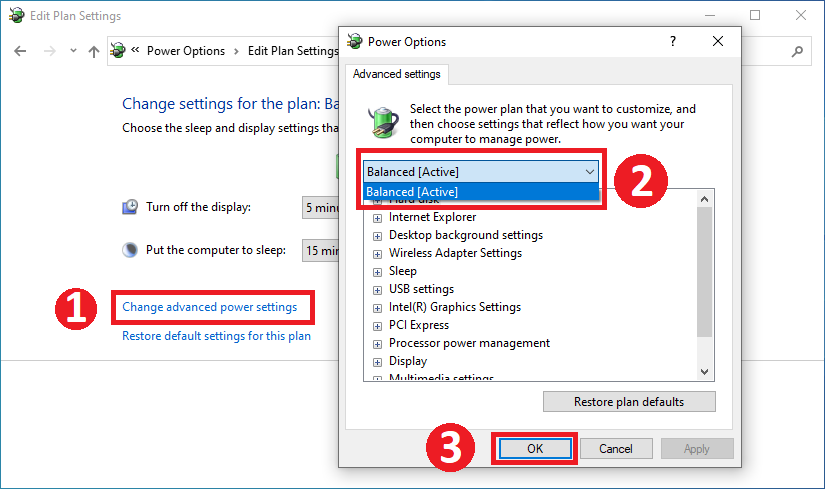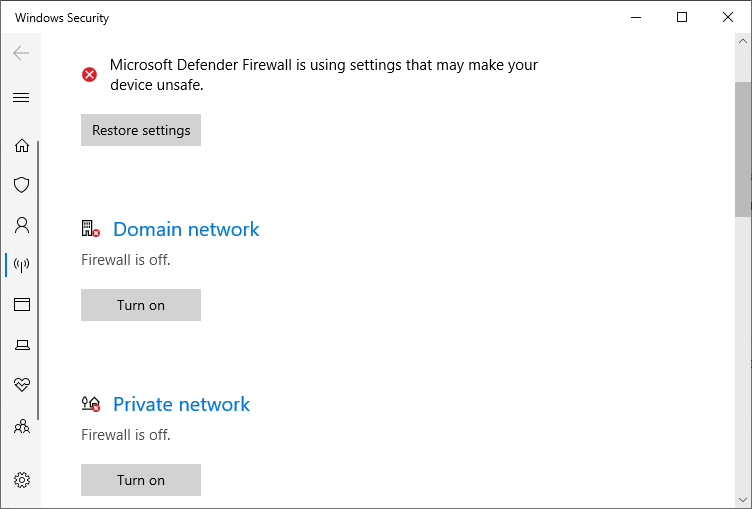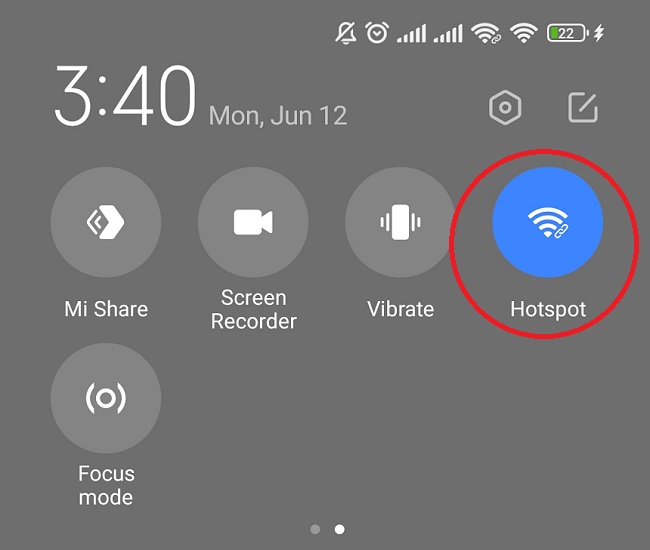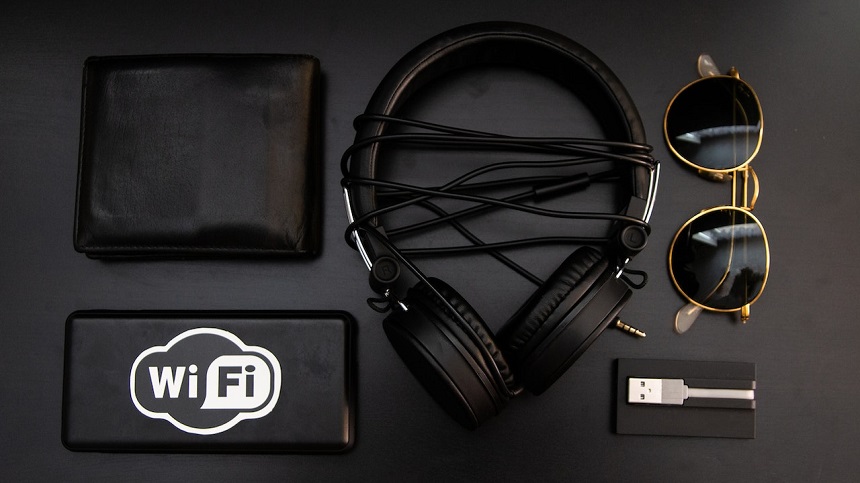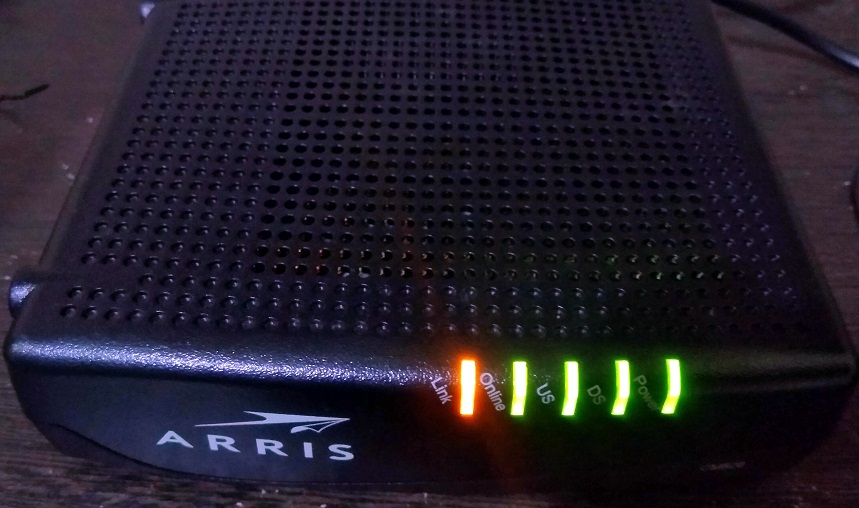In today’s connected world, a strong WiFi connection is needed for various activities, from work to entertainment.
However, it can be irritating when you encounter WiFi operating on your phone but not your laptop. Knowing the potential causes of this gap will help you identify the issue’s main cause.
In this article, we will discuss why you cannot connect your WiFi to your phone but not your laptop. We will investigate this issue from every angle and discuss how it can be fixed.
Why Does WiFi Work On My Phone But Not On Laptop?
It is because of hardware incompatibility between your laptop and the router, previous WiFi drivers, signal interference, misconfigured network settings, security protocol compatibility, MAC address filtering, laptop power settings, or firewall or antivirus software blockage.
Problems with network configuration specific to your laptop may include incompatibilities between security protocols that cause WiFi issues on your laptop. So, here are some details and their possible solutions.
Hardware Incompatibility
One of the primary reasons for WiFi connectivity problems will be hardware incompatibility between your laptop and the router. If your laptop’s WiFi adapter does not have the same frequency or WiFi compatibility as your router, it can bring about compatibility problems.
- How To Fix It?
Firstly, you could remember upgrading your laptop’s WiFi adapter. Research your router’s specifications and find a WiFi adapter that supports the same frequencies. You can look on the manufacturer’s website or in the user guide of your laptop to select compatible WiFi adapters for your device.
By putting in an exactly matched WiFi adapter, you can ensure higher compatibility with your router and enhance the chances of organizing a successful connection.
If upgrading the WiFi adapter is not an option or no longer solves the problem, an external WiFi USB dongle can be used as a workaround. These dongles plug into a USB port on your laptop and provide a separate WiFi connection from your laptop’s integrated adapter.
Outdated WiFi Drivers
WiFi drivers that are outdated or incompatible can frequently cause connectivity issues. While phone devices typically receive regular software updates, laptops may require manual driver updates. If you haven’t updated your laptop’s WiFi drivers, this could be why your phone device connects to WiFi without a hitch.
- How To Fix It?
You must update your drivers to resolve your laptop’s outdated WiFi driver issue. First, go to the manufacturer’s website of your laptop and look for the most recent WiFi drivers compatible with your specific model. Download and install the most recent drivers by following the instructions provided. Restart your laptop to see if your WiFi connection improves.
If updating the drivers no longer resolves the issue, you can also try uninstalling and reinstalling the existing WiFi drivers from your laptop’s Device Manager. It will update your drivers’ firmware and enable them to connect to the latest WiFi frequencies.
Signal Interference
Interferences like neighboring devices, electronic appliances, or signal-emitting devices can disrupt WiFi signals. Your laptop can be located in an area with terrible signal strength or excessive interference, resulting in a weak or no connection. Phone devices, alternatively, may be less prone to these interfering signals.
- How To Fix It?
Move your laptop closer to the WiFi router to reduce signal interference and boost the signal. Keep your laptop away from electronic devices that could interfere with it, such as wireless headphones, microwaves, infrared, or Bluetooth devices.
To avoid interference from other nearby networks, try changing the WiFi channel on your router. Navigate to the wireless settings section of your router’s settings using an internet browser. Experiment with rare channels to find the ones with the least interference.
Note: Changing channels may also cause internet disconnection because specific areas have specific channels to deliver internet packets.
Network Configuration Issues
Incorrect network configurations on your laptop can result in WiFi connectivity issues. Incorrect IP settings, DNS server configurations, or safety settings are examples. On the other hand, phone devices can be extra resilient to such misconfigurations or have default settings, letting them connect to the WiFi quickly.
- How To Fix It?
To resolve community configuration issues causing WiFi connectivity issues, press Windows + I to open settings. Here, go to “Network and Internet” settings. Now click on “Change adapter options” to open adapter settings. Right-click on the connected adapter and go to “Properties” from the file menu. Once in the properties, click on “Internet protocol version 4 (TCP/IPv4)” and then click on “Properties.”
Ensure the IP address and DNS server settings are set to be obtained automatically, or enter the values provided by your network administrator or Internet service provider.
Security Protocol Compatibility
WiFi networks may utilize advanced security protocols such as WEP, WPA, and WPA2. If your laptop does not support the security protocol in use by your WiFi network, it might not be able to connect. Phone devices can also support a broader range of security protocols, allowing them to connect to networks with varying levels of security.
- How To Fix It?
To do that, navigate to a security protocol that your laptop supports on your router’s settings page. For example, if your laptop no longer supports WPA2, try converting the safety protocol to WPA or WEP, relying on the available options.
You may establish compatibility between your laptop and the WiFi network by updating your WiFi drivers or adjusting the safety protocol on your router, resolving the WiFi operating on your phone device but not on your laptop. You can change the protocol from the WiFi router settings.
MAC Address Filtering
Some routers apply MAC filtering to limit access to unique devices. If the MAC address of your laptop is not always added to the router’s whitelist, it may be unable to connect to the network. Phone devices’ MAC addresses can also be added to the whitelist by default, allowing them to easily connect.
- How To Fix It?
Open router settings on your laptop using user and password details provided by your internet supplier. Go to the MAC section to see the list of filtered devices or MAC addresses.
Add your laptop’s MAC address to the whitelist of the allowed devices list. Save the modifications and restart the router if necessary. By adding your laptop’s MAC address to the router’s whitelist, you will permit it to hook up with the WiFi community, resolving the connectivity issue.
Power Saving Settings
Laptops have power-saving features that can impair the overall performance of the WiFi adapter. These settings may also reduce the strength of the WiFi signal or disable the adapter while the laptop is idle.
Low power settings also affect the normal functioning of your laptop’s WAN or WiFi card. Phone devices may have excellent power management settings, allowing them to maintain a stable connection.
- How To Fix It?
You can change the power options on your laptop to resolve the difficulty of the power-saving settings. Navigate to the Power Options menu and ensure the power plan is set to Balance or High Performance rather than Power Saver.
To open these settings, right-click the battery icon, select “Power Options,” and then go to “Change power plan settings.” It prevents the WiFi adapter from being disabled or has limited performance when the laptop is idle.
Firewall or Antivirus Software
A firewall or antivirus software program for your laptop can occasionally interfere with the WiFi connection. These applications may block or restrict network access, preventing your computer from connecting to WiFi. Phone devices typically have personal security features that may or may not interfere with the WiFi connection.
- How To Fix It?
To fix the problem they are causing, you can try temporarily turning off or disabling your laptop’s firewall and antivirus software. It can help in determining whether the software program is causing the problem. To do so, open the start menu, search for “Firewall and Network Protection,” and click Open. Now turn off all the options, including “Domain network, private network, and public network.” It will allow you to use the network
One way is to share your mobile hotspot while connecting to WiFi and connect your laptop. Earlier models of smartphones do not support the feature that allows users to connect to WiFi and share their mobile hotspots simultaneously. But the latest cell phones have this option.
It can also help if the WiFi network you want to connect your laptop to is unavailable or does not work well. You can connect your laptop to the internet using your phone as a cellular hotspot. It is a reliable and convenient option.
If you enable the hotspot feature on your smartphone and connect it to your laptop, you can share the cellular data connection that your phone efficiently has with your computer.
Conclusion
Suppose you face the annoying problem of WiFi working on your phone but not your laptop. In that case, it’s critical to consider hardware and software factors contributing to this disparity. Hardware incompatibility between your laptop and the router, outdated WiFi drivers, signal interference, network configuration issues, security protocol compatibility, MAC filtering, power-saving settings, and firewall or antivirus software programs can all contribute to the WiFi discrepancy.
Considering these factors and acting accordingly can help find a solution. Hardware compatibility issues can be resolved by upgrading your laptop’s WiFi adapter or using an external WiFi USB dongle. Updating WiFi drivers, adjusting settings, and troubleshooting signal interference can help resolve software-related problems.
Adding your laptop’s MAC address to the router’s whitelist, improving power-saving settings, and dealing with firewall or antivirus software program interference can all help improve WiFi connectivity.
By figuring out these hardware and software parts and putting the suggested solutions into place, you can set up a strong and reliable WiFi connection on your laptop, just like your phone.

Hey, I’m Hammad. I write for this website to help you with the IT advice about PC, RAM, CPU, Motherboard, PSU, and other PC components.
I will provide detailed guides with images, and explain step by step so you can understand the process. Check all my articles here.

